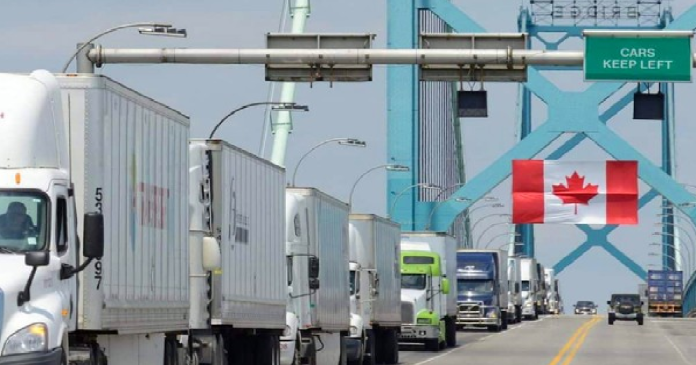Potential Border Strike This Thursday: Expected Impacts on Trucking Industry | The looming prospect of a strike at the Canadian Border Services Agency (CBSA), where over 9,000 officers might halt their duties starting Thursday, June 6, raises significant concerns. Despite ongoing mediation efforts to resolve disputes, a staggering 96% of union members have approved the strike, signaling a deadlock in negotiations. Such action could disrupt not only the flow of travelers but also goods, potentially dealing a harsh blow to the Canadian economy. Véronique Proulx, CEO of Manufacturiers et Exportateurs du Québec, has highlighted possible repercussions such as delays and increased costs which could impact producers, consumers, and notably, truckers.
Ms. Proulx also noted that the effects of a strike could echo beyond national borders, affecting how American trade partners perceive Canada and influencing their investment decisions. While CBSA officers will maintain essential services, they might employ work-to-rule tactics to amplify pressure. This strategy could extend customs procedures, thereby increasing costs and adding a layer of uncertainty for cross-border commercial activities. The workers’ key demands include salary parity with their counterparts, securing permanent positions, enhanced retirement benefits, and the option for remote work.
Amidst this uncertainty, the CBSA has assured major stakeholders in the transportation industry, including the Canadian Trucking Alliance, of its preparedness. The agency has emphasized that 90% of its frontline officers are considered essential and will continue to provide services, even during a strike. However, it warned that waiting times at borders could increase, and picketing might occur. The CBSA asserts that it has implemented strategies to mitigate these disruptions and maintain the smooth flow of trade, which is vital for industries reliant on North-American commerce.
















